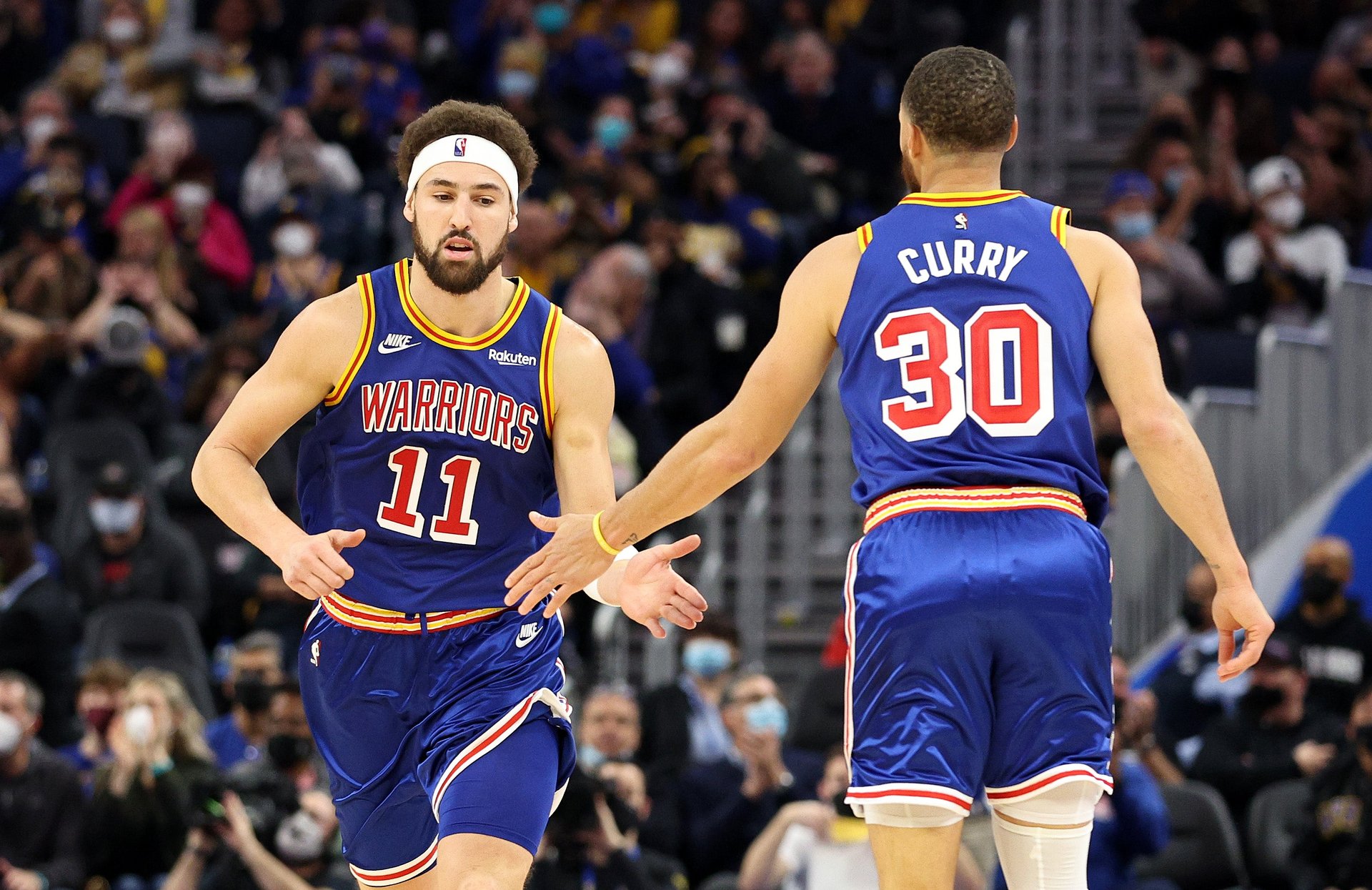More than a third of US pro sports teams are tied to private equity
With aggressive returns, some of the world's biggest firms are investing in America's premier sports leagues

Over a third of the 153 major professional men’s sports teams in the US— those comprising the MLB, MLS, NBA, NFL, and NHL—are partly owned by private equity groups, according to a new report from Pitchbook.
Suggested Reading
The investment research group found that 60 US men’s teams (and 3 Canadian teams in American leagues)—collectively valued at $205.9 billion—have ties to private investing groups. This number becomes even more staggering with the wrinkle that the NFL does not currently allow private equity investments in their teams, something that team owners are trying to change.
Related Content
The teams are owned by a wide range of firms, including groups that specialize in sports investing like Arctos Investing, which owns minority shares of franchises in all four eligible American sports leagues.
The New York Yankees, the world’s second most valuable team with an estimated valuation of over $7 billion. In 2011, the baseball club—which has been owned by the Steinbrenner family since 1971—sold a minority share to Connecticut-based investment firm RLB Holdings and its CEO Ray Bartoszek.
While the initial investment amount was not disclosed, the Yankees were estimated to be worth $1.7 billion at the time of the purchase. Now, the team is estimated to be worth $7.1 billion, meaning its value increased by 317%. A representative at RLB Holdings declined to comment on the firm’s investment strategy.
Pro sports became a strong buy for investors
RLB’s significant return is reflective of a new reality in which sports teams are increasingly a strong investment.
Last spring, the NFL’s Washington Commanders were sold for $6 billion, setting a record for US professional sports. This sale was a 750% profit for longtime owner Dan Snyder, who purchased the team for $800 million in 1999. The year before, billionaire Mat Ishiba purchased the NBA’s Phoenix Suns for $4 billion, giving former owner Robert Sarver a 1,000% profit from his initial purchase in 2004.
These are not isolated occurrences. Between 2012 and 2021, the value of the average NBA team grew by 387%, while the average NFL team’s value grew by 215%, and the average NHL team’s value increased by 207%. During that time frame, the rate of return across all five major men’s sports leagues far outpaced the S&P 500.
Why are teams exploding in value?
This was not always the case. For much of the 20th century, sports teams were often operating in the red. For example, when businessman Jerry Buss purchased the Lakers in 1979 for $67.5 million, the now-dominant NBA franchise could hardly sell out its stadium.
But Buss saw the Lakers’ potential as a media property and entertainment juggernaut. The same year he bought the team, ESPN was launched as the first cable channel dedicated to cable news. Consumers’ sudden access to live games across the country ushered in a new reality for pro sports.
Quickly, with cable’s help, regional teams like the Lakers became entertainment for a national audience. This helped turn major market teams like the Lakers and the Yankees into cultural symbols, ushering in decades of extreme growth for all the major sports leagues. It brought about an explosion in the value of media licensing deals for live broadcasts, which are the main driver of increasing value for professional sports teams. According to Sportico, the largest single-year increase in average franchise value for the NFL and NHL both happened the same years the leagues renegotiated their media deals.
This has also been true for the valuation of NBA teams. In 2011, just two years before he died, Buss negotiated a $3.6 billion licensing deal with Time Warner Cable. Before that deal, the Lakers were worth $643 million. The year after, the team was worth $900 million. And now, just over a decade later, the Lakers are worth about $6 billion, a mind-boggling 8,789% increase for Buss’s initial investment.
Related stories:
🏈 The $6 billion sale of the Washington Commanders shows why pro sports teams are a good investment
